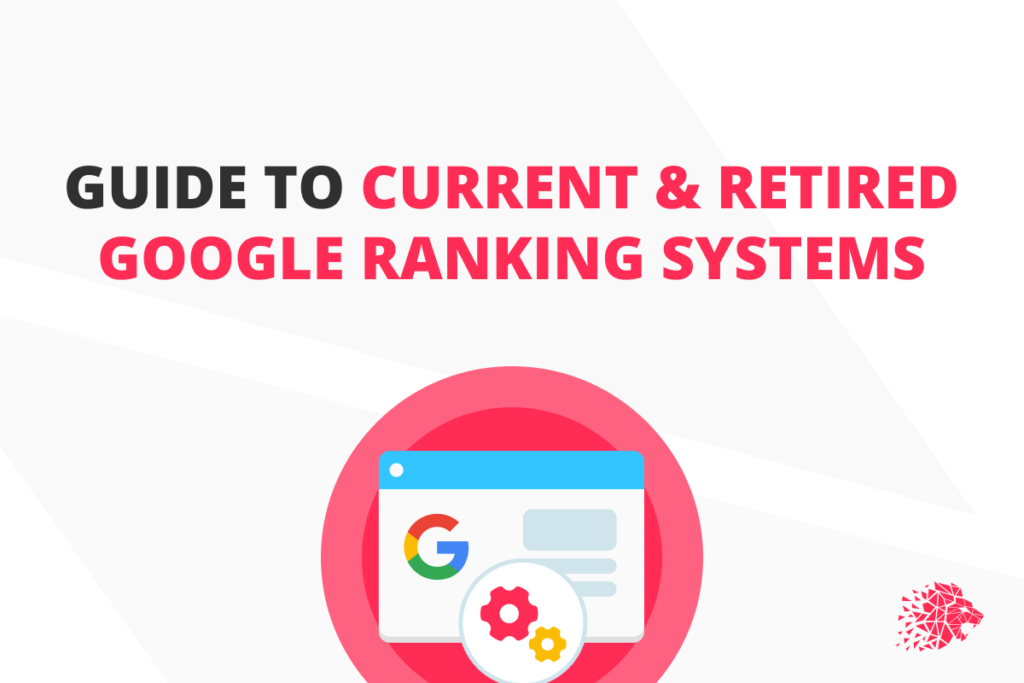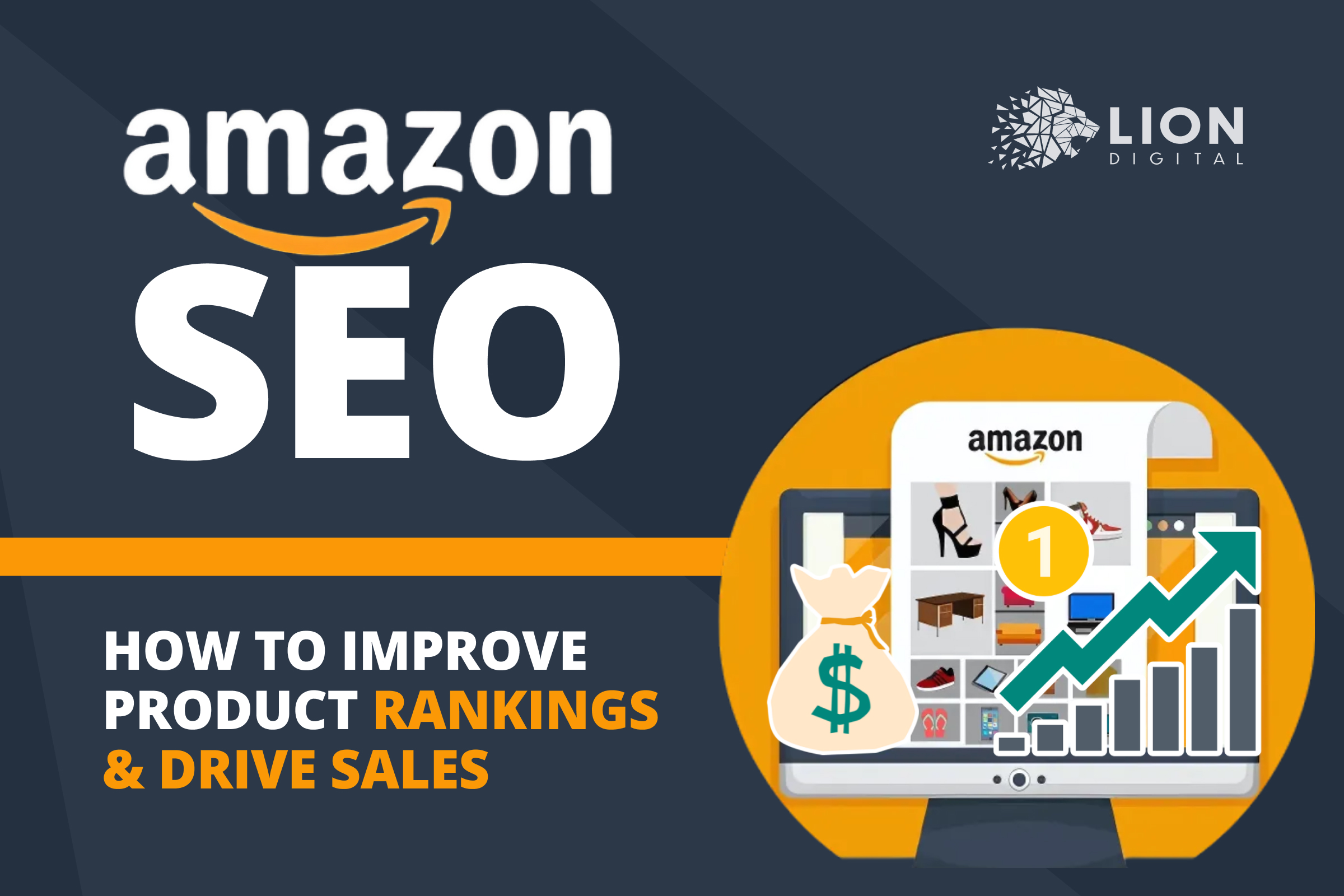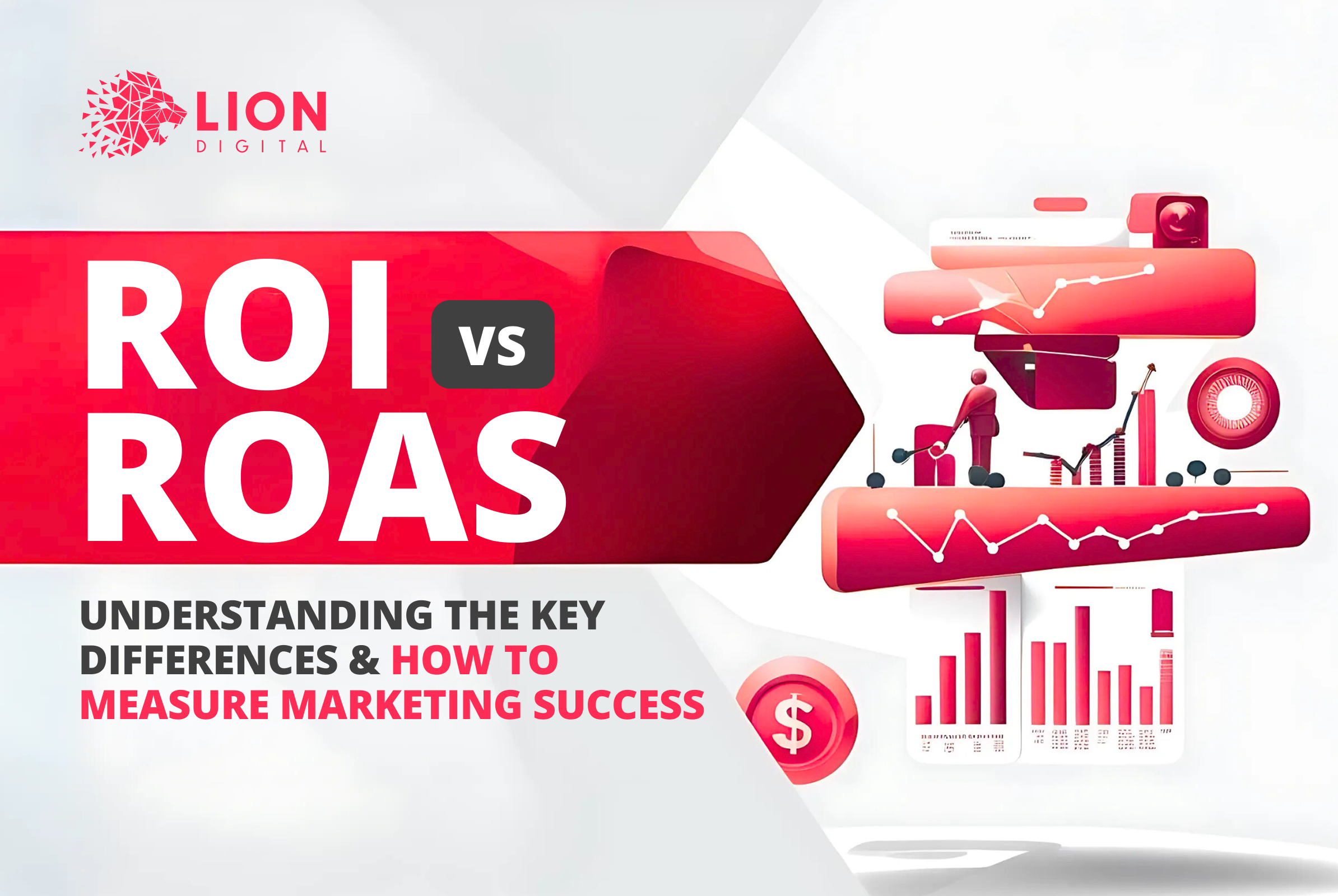
The new Google Ranking System guide defines the relevant systems Google uses and the old ones that are retired and no longer in use to rank search results.
What is the difference between systems and updates?
Systems are always running in the background. Updates, however, refer to one-time changes to the ranking systems. For example, helpful content systems run in the background whenever Google provides search results but may receive updates to improve performance. Other examples of one-time changes to ranking systems are core algorithm updates and spam updates.
Let’s look at the highlights from the Google Ranking System guide.
Current Google Ranking Systems
Here is a list of the Google ranking systems currently in operation.
- BERT
Stands for Bidirectional Encoder Representation of Transformers and allows Google to understand how word combinations can express different meanings and intentions. - Crisis information system
Google has procedures to provide specific sets of information in times of crisis. For instance, SOS alerts when searching for natural disasters. - Deduplication system
The Google search engine tries to avoid duplicate or near-duplicate web pages. - The exact match domain system
This system prevents Google from overly trusting websites with domain names that match search queries. - Freshness system
Designed to display up-to-date content where it’s needed and where it’s expected. - Helpful content system
Makes it easy for people to see original, useful content rather than content created primarily to drive traffic from search engines. - Link analysis systems and PageRank
Determines which pages are the most useful in response to a query based on how the pages are linked. - Local news systems
Displays local news sources relevant to your search query. - MUM or Multitask Unified Model
An artificial intelligence system that can understand and generate speech. This powers the featured callout and is not used for the overall ranking. - Neural matching
Helps Google understand and match conceptual expressions for queries and pages. - Original content systems
Helps Google display original content, including actual reports, in search results. - Removal-based demotion systems
Downgrading websites based on mass content removal requests. - Page experience system
Evaluates various criteria to determine if a website provides a good user experience. - Passage ranking system
An artificial intelligence system that Google uses to identify individual sections or “snippets” of web pages to understand better how relevant the page is to searchers. - Product reviews system
Rewards quality product reviews by experienced writers with insightful analysis and original research. - Rank Brain
An artificial intelligence system that helps Google understand the relationship between words and concepts. Allows Google to return results that contain different terms than the exact words used in the query. - Reliable information systems
Google has several techniques for displaying reliable information. To promote authoritative pages, demote low-quality content, and reward high-quality journalism. - Site diversity system
Prevents Google from listing its web pages from the same website in the top search results on two or more listings. - Spam detection system
Processes content or activity that violates Google’s spam policy.
Outdated Google Ranking Systems
The following systems are marked for historical purposes. They are integrated into other systems or part of Google’s primary ranking system.
- Hummingbird
A significant improvement from the Google ranking system was introduced in 2013. - Mobile-friendly ranking system
Prioritised content that plays better on mobile devices. It has been incorporated into the Google Pages interaction system. - Page speed system
Prioritised content that loads quickly on mobile devices, introduced in 2018. It has since been incorporated into the Google Pages interaction system. - Panda system
Prioritised quality and original content, introduced in 2011. In 2015, it became part of Google’s primary ranking system. - Penguin system
Downgraded websites that use spam link building, introduced in 2012. - Secure site system
Prioritised HTTPS-protected websites, introduced in 2014. It has since become part of the Google Pages experience.
GET IN CONTACT TODAY AND LET OUR TEAM OF ECOMMERCE SPECIALISTS SET YOU ON THE ROAD TO ACHIEVING ELITE DIGITAL EXPERIENCES AND GROWTH
Contact Us

Leonidas Comino – Founder & CEO
Leo is a, Deloitte award winning and Forbes published digital business builder with over a decade of success in the industry working with market-leading brands.
Like what we do? Come work with us








